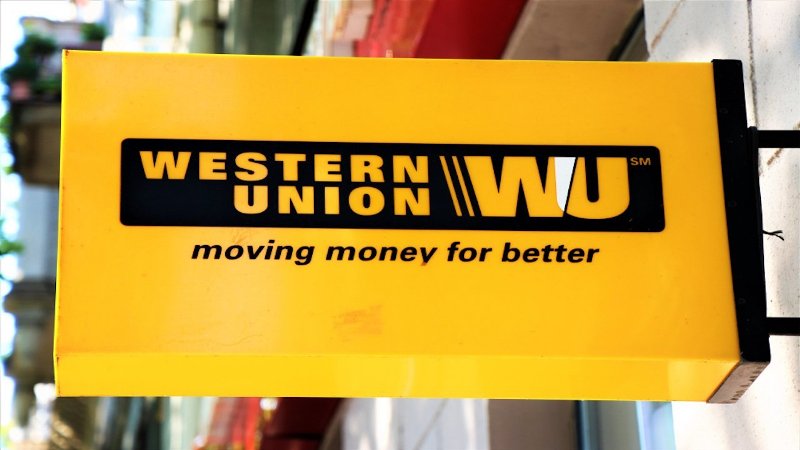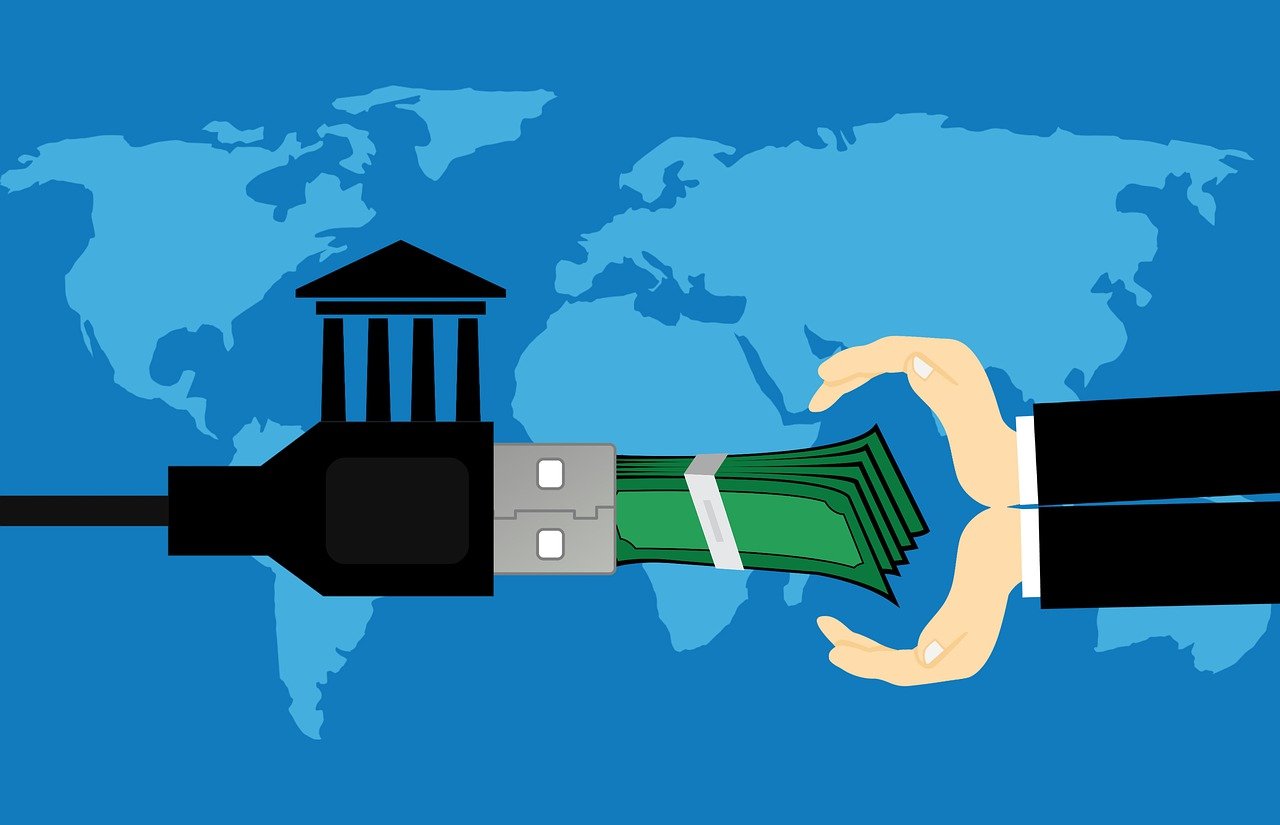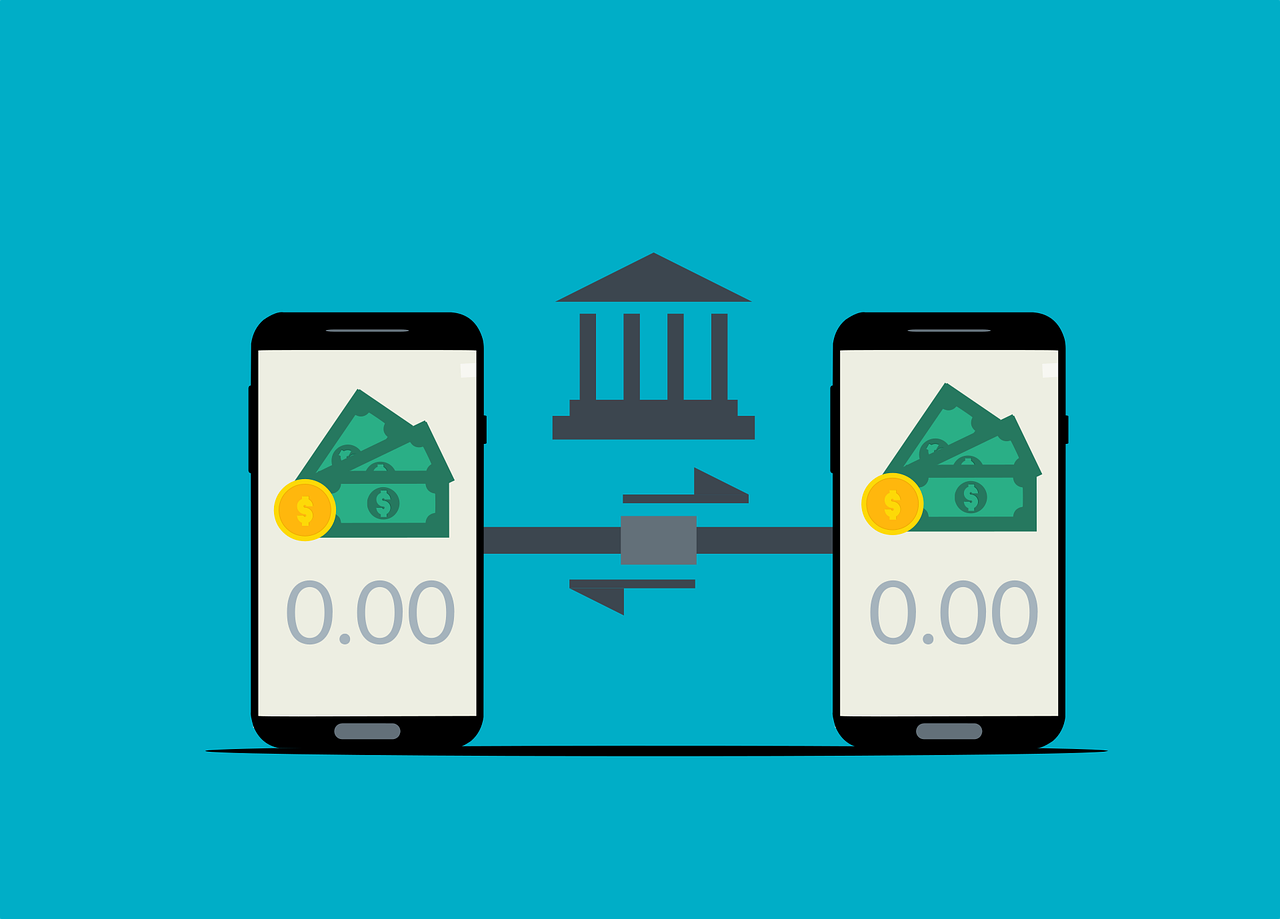Western Union is one of the most used means of international money transfer. Find out how to get money back from a scammer on Western Union in this post.
Scams take various forms, but the most popular scam often joked about is the “Nigerian Prince” email scam, which still rakes in over $700,000 in illegal funds yearly.
Although the scam originated in Nigeria and is also referred to by other synonyms like Nigerian letter scam, 419, etc., it is nevertheless a fraud that can also be perpetrated by non-Nigerians from other locations outside of Nigeria.
Scams of any sort often exploit the greedy nature of humans and fast payment services, which makes the transfer of money from the victims to scammers a quick and seamless process.
One such payment service often exploited in perpetrating scams is the Western Union transfer, which makes it possible to send and receive payments to any part of the world within minutes with simplified payment processes.
All that is needed to send money via Western Union is the name and location of the recipient (the scammer in this case).
Upon receipt of the money and transfer fee, Western Union generates a control number which the sender (the victim who just got scammed believing that a Nigerian Prince can make him/her rich with gold literarily picked on the streets of Africa!) sends to the recipient (the scammer).
The scammer smiles to the bank with the control number, knowing he has successfully hoodwinked his prey into believing there are endless riches on the street of Africa waiting to be picked!
Read Also: 5 Secure Online Payment Services To Consider
Table of Contents
If A Scammer Has Hoodwinked You, Can You Get Your Money Back?
In most instances, people who are victims of scams never get their money back except:
- If you realize early enough that you have been scammed, you can contact Western Union’s fraud hotline at 1-800-448-1492, or fill the Western Union’s online fraud claim. That way, Western Union will stop the transaction and refund your money and the fee ONLY if the fund is yet to be picked up by the scammer.
- If you report a fraud case, Western Union will review your claim and determine if you’re entitled to a refund or not.
How To Get Money Back From A Scammer On Western Union
Recouping money lost through a Western Union scam can be difficult, but here are some steps you can take to try and get it back:
Act Quickly: The sooner you take action, the better your chances of recovering your funds.
1. Report the Scam to Western Union
Call Western Union’s fraud hotline at 1-800-448-1492 (US) or visit their global fraud hotline directory for your country. File a fraud claim online through their website.
Provide all details of the transaction, including the Money Transfer Control Number (MTCN), receiver information, and how the scam occurred.
2. Contact Your Bank or Credit Card Company
If you paid for the transfer using a bank account or credit card, report the scam to your financial institution immediately.
Depending on the circumstances, they might be able to reverse the charges or initiate a dispute process.
3. Report the Scam to Law Enforcement
File a police report to document the crime. This report may be helpful for your bank or credit card company’s investigation and potential future legal action.
Important points to remember:
- Recovering funds depends on several factors, including how quickly you report the scam and whether the receiver has already collected the money.
- Western Union may not be able to recover the funds if the receiver has already collected them.
- There might be fees associated with filing a fraud claim with Western Union.
READ ALSO: What Are Phishing Scams And How You Can Avoid Them?
How to Cancel a Western Union Transfer and Recover Your Money
Once the user is sure the transaction is all a scam, here are the steps to be swiftly taken to outsmart the scammer and recover the money:
- Get the transaction details together. Undoubtedly, Western Union would ask for these to verify the transaction and process the request. The details may include the Money Transfer Control Number (MTCN), the total money sent, the sender’s name and address, the recipient’s country, etc.
- Find and contact the place where the transfer was purchased. The purchase must be made from a sending agency or an online platform. It is best to visit the physical location, and if impossible, a call should be staged.
- Provide the transaction details gathered earlier. Be cautious as this step and any mistake should not be made. A misspelt name may be enough reason for Western Union not to proceed with the request.
- You may pay some fees for the cancellation of the transaction. This fee may vary depending on the type of the actual transaction.
- Wait for the application to process and receive a refund. This process should not be time-consuming, and your refund should be available in a few minutes.
Even after receiving the refund, it’s essential to keep the details of the transaction. This is to ensure that it can be provided at due time when necessary.
Also, either the recovery was successful, or the scammer has picked the money already. It is helpful to report to avoid family, friends, and other Western Union users from making the same mistake. Report scams to Western Union by using the official report page, which can be accessed using the official link.
READ ALSO: How to Protect Yourself from Online Fraud [6 Surefire Internet Safety Tips]
Western Union Fraud Prevention Mechanisms
Advanced technology, evidenced by the increase in fast and anonymous payment systems, makes the fight against scams and frauds a difficult one. However, Western Union has put in place the following mechanisms to prevent scams:
- Automated fraud warning
- Fraud prevention information is available at all Western Union locations in the world.
- Fraud prevention resources
- Fraud prevention awareness to sensitize people about scams
READ ALSO: How To Report Online Scams In The UK: Protecting Yourself and Stopping Fraudsters
How To Prevent Western Union Money Transfer Scams
- If the offer is “too good to be true,” it is a scam; do not fall for it.
- You should send money only to someone you have met in person.
- Do not give your bank details or personally identifiable information to someone you haven’t met in person.
- Government agencies won’t ask you to pay taxes and levies via Western Union or other money transfer services.
- Do not send money to “charity organizations.” Only scam charity organizations ask for donations via Western Union or other money transfer services
- If you’re purchasing goods or doing transactions via a platform, make payment using payment means provided on the platform only.
- Never be in a rush to transfer money or goods upon the receipt of cheques. Always learn to wait until the cheque is officially cleared for collection.
- Loans and credit card facilities won’t ask for payment before receiving money from them, so beware of such.
- Look for loopholes and report a suspected scam to law enforcement agencies.
Frequently Asked Questions
Can I get my money back if I was scammed?
There’s a chance, but it depends on how quickly you act and whether the receiver has already collected the money. Western Union may not be able to recover funds if they’ve been picked up.
Does Western Union refund scammed money?
Western Union doesn’t guarantee refunds for scams. However, they do have a fraud reporting process. If you report the scam quickly, they might be able to freeze the transfer if it hasn’t been collected yet.
How long does a Western Union refund take?
Unfortunately, there’s no guaranteed timeframe for getting your money back. It depends on Western Union’s investigation and the actions of your bank or credit card company.
Can you track down the scammer?
It’s challenging for an individual to track down a scammer. Law enforcement might be able to investigate based on your report, but this doesn’t guarantee finding the culprit.
How can I prevent future scams?
- Be wary of unsolicited requests for money transfers, especially through Western Union.
- Never send money to someone you don’t know and trust.
- Verify any offers or requests for money transfers independently before sending funds.
By being cautious and taking these steps if scammed, you can hopefully recover your losses and avoid similar situations in the future.
Over To You
I hope this post answers all your questions on how to get your money back from a scammer on Western Union.
Although Western Union is an efficient money platform to send and receiving money locally and internationally; however, it is one of the hotspots for online scammers.
Nonetheless, by applying the tips mentioned above, you can prevent fraud demanding from the use of Western Union.
Note: This was initially published in July 2020, but has been updated for freshness and accuracy.
RELATED POSTS
- What Next After Being Scammed Online?
- Security Alert: The Most Common COVID-19 Online Frauds and Scams
- Gift Cards Are Increasingly Popular Among BEC Scammers
- 5 Common Online Scam Tactics
- 6 Most Popular eBay scams
- Hackers Target WhatsApp with Verification Scam
- How To Identify And Avoid Online Gaming Scams
About the Author:
John Raymond is a cybersecurity content writer, with over 5 years of experience in the technology industry. He is passionate about staying up-to-date with the latest trends and developments in the field of cybersecurity, and is an avid researcher and writer. He has written numerous articles on topics of cybersecurity, privacy, and digital security, and is committed to providing valuable and helpful information to the public.
Meet Angela Daniel, an esteemed cybersecurity expert and the Associate Editor at SecureBlitz. With a profound understanding of the digital security landscape, Angela is dedicated to sharing her wealth of knowledge with readers. Her insightful articles delve into the intricacies of cybersecurity, offering a beacon of understanding in the ever-evolving realm of online safety.
Angela's expertise is grounded in a passion for staying at the forefront of emerging threats and protective measures. Her commitment to empowering individuals and organizations with the tools and insights to safeguard their digital presence is unwavering.








